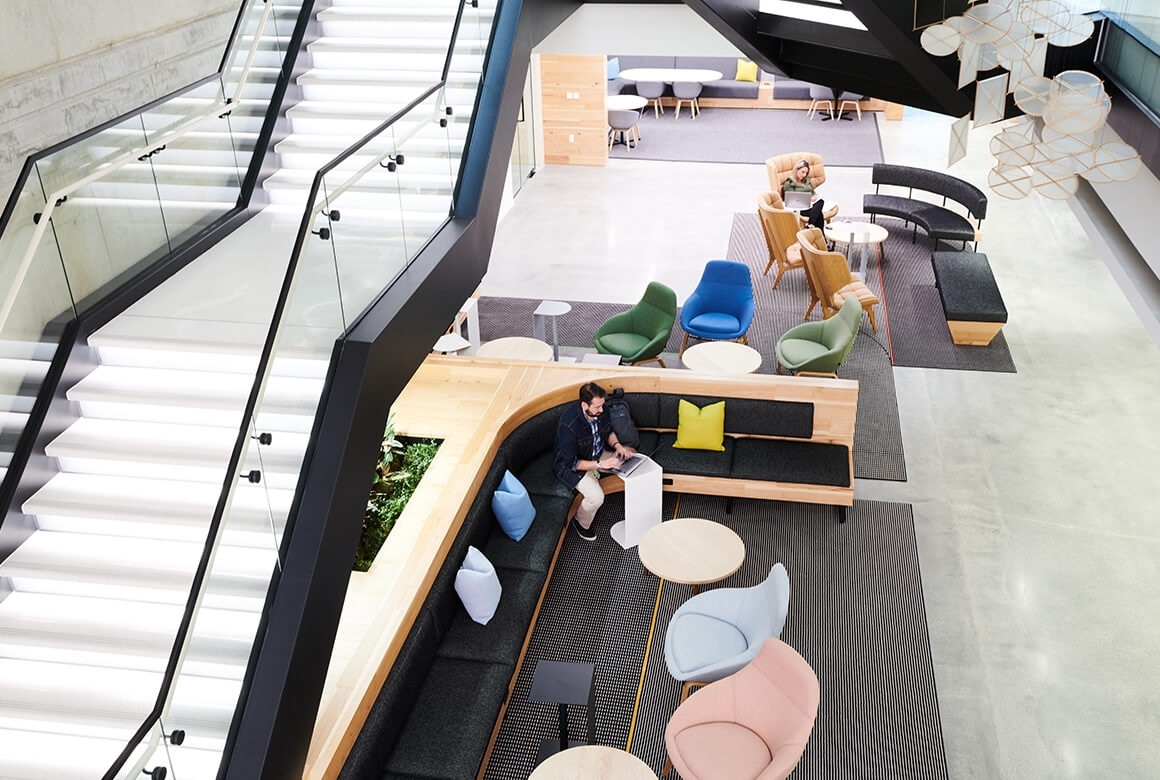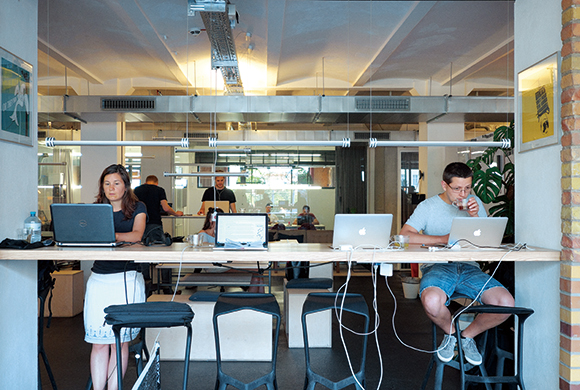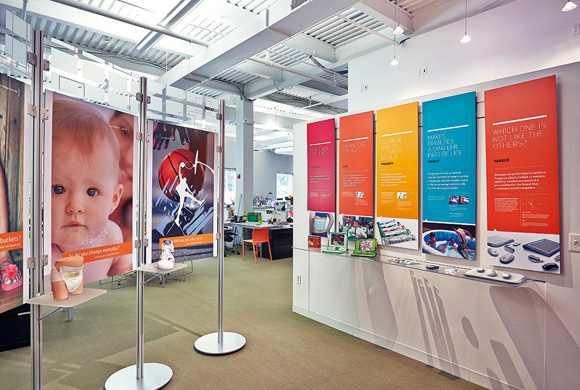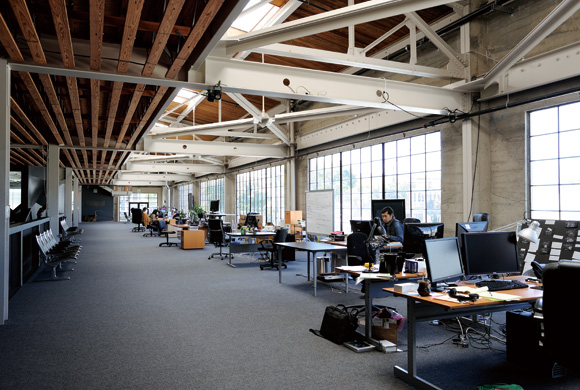Workplace
Apr. 7, 2014
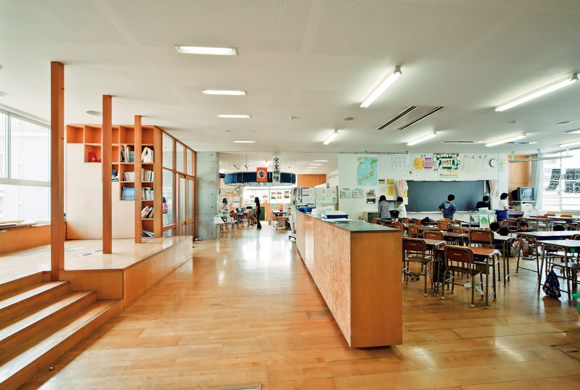
An Open Process that Integrates Different Cultures
Integrating the cultures of four districts into a single school
[Hakata Elementary School] Hakata, Fukuoka, Japan
Hakata is a city of commerce that grew through the process of competition. Elementary schools in the city’s four districts had to be consolidated because of a dwindling inner-city population.
There was cosiderable disagreement between the schools, since each one was an organization with its own distinct culture. Thus the project adopted an open process to encourage active involvement by the conflicting parties in a vision to create “the best elementary school in Japan”.
Transplanning cultures and rules into new organizations – as when companies and groups are merge into no ones – is no mean feat. Hakata Elementary School is a good example of overcoming this tough hurdle.
 A discussion about the specifics of the integration was promoted using a model, with many stakeholders present (government representatives, local residents, the Board of Education and so on).
A discussion about the specifics of the integration was promoted using a model, with many stakeholders present (government representatives, local residents, the Board of Education and so on).

The classrooms at Hakata Elementary school have no walls. On each floor, you can see frome one end of the building to the other, so the children are watched over by many eyes. Dens, spaces, free layouts and various other enviroments are incorporated to produce diverse modes of learning.
 360°View
360°ViewThe classrooms at Hakata Elementary school have no walls. On each floor, you can see frome one end of the building to the other, so the children are watched over by many eyes. Dens, spaces, free layouts and various other enviroments are incorporated to produce diverse modes of learning.
*Touch Picture for 360° View
A strong sense of rivalry prevailed between the previous four school zones, and there was deep-rooted resistance to consolidation. A competition was held to decide on a vision for the new integrated school.
The winning one was Kazumi Kudo’s concept of a school open to the wider community, rather than the coventional one of an entity walled off to the outside world. In moving the project forward, Kudo paid special attention to an open process of forming a project plan and putting the concept into tangible form.
Local residents joined teachers and pupils as parties to the undertaking, and all have since become enthusiastic supporters of the new school.
 The areas between classrooms are used as workspace for teaching staff. This brings the teachers and students closer together.
The areas between classrooms are used as workspace for teaching staff. This brings the teachers and students closer together.

The Voice of a child giving a presentation on the Self-Expression Stage can be heard. The Self-Expression Stage serves as a forum for increasing the children’s ability to express themselves. In addition, it has been placed next to the street to integrate it with the community. As a result, it aldo serves as a forum for fostering local culture.
In the open school model, faculty rooms don’t have barriers either. All teachers can keep an eye on the pupils regardless of class or grade. Children are always coming and going from the glass-paneled principal’s office. And there is little segregation by grade. Older pupils leading younger ones by the hand during break-time paly is a common sight.
Stakeholders perform an important role in the running of Hakata Elementary School. Community leaders hold “supporter” meeting to discuss how the school should be run, and local residents trained in the classical arts help pupils learn about classical Japanese dance and tea ceremony. The drama of integrating four local schools into a single Hakata Elementary School had the potential to become a tragedy, but opening the process to all stakeholders – getting conflicting parties involved and turning them all into “supporters” – had a remarkable outcome: it created “the best elementary school in Japan.
From WORKSIGHT Preview Issue(Nov.2010)
 A public hall and a nursery school are also located on the grounds of Hakata Elementary School. The deck that connects all of these facilities is a space for interchange on the part of children, school personnel and local residents.
A public hall and a nursery school are also located on the grounds of Hakata Elementary School. The deck that connects all of these facilities is a space for interchange on the part of children, school personnel and local residents.


